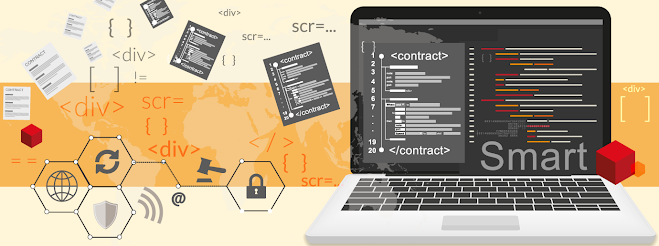
Below are the few of the challenges of blockchain smartcontracts:
Time & Money: Smartcontracts cost time and money to write, Whether they're drafted by a lawyer or reviewed by one, or even if they are written by an HR professional, contracts require a good deal of energy and are not an inexpensive undertaking.
Immutable: One of the main challenges blockchains faces is the immutability of smart contracts. Immutability means that the rules of a protocol cannot be modified once smart contracts are deployed on the blockchain. It is the truth that they assist in locking out the bad actors that may change the smartcontract information.
Usability challenges: Unlike traditional software development, smartcontracts require developers to have business knowledge and understand non-traditional programming languages, primarily Solidity. They also must comprehend formal methods of cryptography and networking.
Attacks: Attacks such as the Decentralized Autonomous Organization (DAO) attack and the Parity Wallet hack have cost millions of dollars simply as a consequence of naïve bugs in the smart contract code.
Impact challenges: Visa at present can handle around 24,000 transactions every second. Ethereum, the largest blockchain for smart contracts, can handle only 14 transactions a second. To increase the impact and efficiency of smartcontracts in our society, the speed of information sharing on the blockchain needs to accelerate, the security needs to be bolstered, and its accessibility to coders and the public alike needs to increase.








